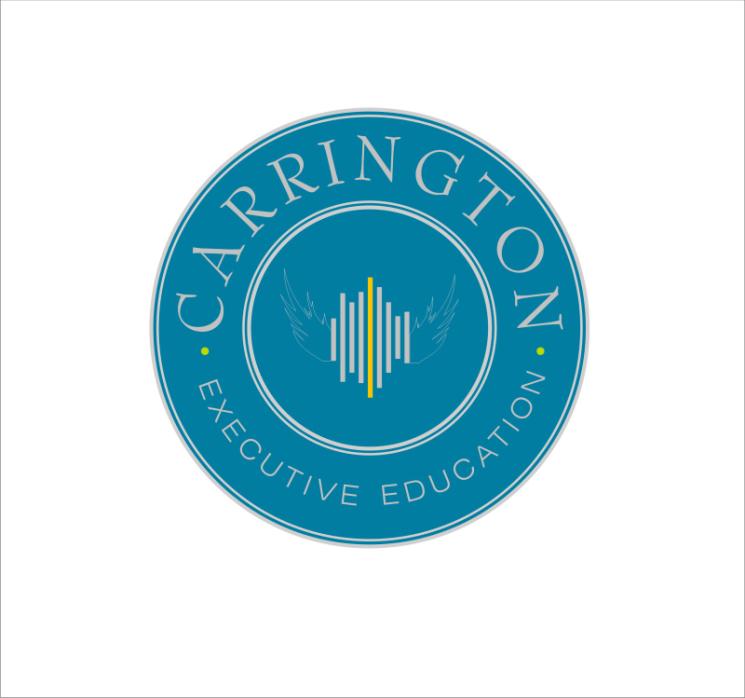Building Relationships for Mutual Benefit

Do you have a good network?
© iStockphoto/RonTech2000
Maybe that sounds unfair or calculating, but think of it another way: If no one knows about your skills, talents, and projects, who's going to help you make the best of them?
In today's world, where people often need to work together in loose partnerships to achieve their goals quickly, "knowing the right people" is more important than ever. So the ability to develop and maintain a broad network of "business friendships" is a critical skill for every career professional.
People with strong networks get more things done more effectively; they learn from others with different knowledge or experience; and are able to use their network as they seek to move on in their careers, whether in a planned way or if a crisis looms.
When it comes to our personal lives, most people actively develop and maintain their network of friends and family. They enjoy the social interaction and the support that such relationships can provide. The same principles hold true at work, yet we're often reticent about actively networking: Perhaps we fear we would be "using" other people, or we are daunted by the prospect of having to "work" a room of strangers at a conference or event.
The good news is that networking doesn't need to be difficult or a chore. It can be an enjoyable and rewarding part of your professional development. You're probably already part more networks than you realize. It's a matter of recognizing the mutual benefits and building from there. Read on to find out how to build and make the most of your network.
What is Networking?
Networking means getting to know other people, and their abilities and interests; and doing so in the expectation that this may provide mutual benefit.Calling on someone in your network does involve "using" them but this doesn't mean that you're exploiting them in a negative way. So long as you're prepared to help others out when you're in a position to do so, most people will respond positively to a request from a valued member of their network.
Most of us have contacts in community groups; in departments or team at work; with other colleagues; in professional organizations; with suppliers and customers; perhaps with an alumni group from a previous employer. (And, not forgetting the Mind Tools community too.) All are valuable, and each relationship you foster there can have mutual and lasting benefits.
Why Network?
If you're still in any doubt about the benefits of networking, consider for a moment the other kind of network in our daily working lives – the computer network.Few would dispute the advantages of having networked computers! Chief amongst these benefits is the ability to share information quickly and easily, even between different buildings in the same organization. Networks also allow a single point of data entry so that accuracy is improved and "reinventing the wheel" is avoided, and they permit sharing computing power such as printers or disk storage. All in all, computer networks increase efficiency and effectiveness. Personal networks can do the same.
Doing Your Current Job Better
By being able to draw on the knowledge of other members of your network, you can do your current job better. Information flows round organizations through the formal and informal networks of people within them. So, although communicating with other members of your team is obviously vital, people who have good relationships with individuals in other departments can generally achieve more. At the simplest level, having someone you can always turn to for information in the accounts and IT support teams will speed up your work.For many, their organization structure or team is constantly changing, and regular re-forming of your immediate work group can be the norm. In this kind of environment, your lasting relationships with people inside and outside your current organization or team are more valuable than ever. Project-based working and ever-changing structures create a greater need for a strong network, and luckily they also create the opportunity to extend your network wider and more often.
Managing Stakeholders
Managing stakeholders is an essential part of running successful projects, whether formal or informal, large or small. It involves identifying key people who have power and influence over the project; understanding what you need from each of them; and deciding which of them you need to consult and which you just need to keep informed. If you already have good relationships with your stakeholders through networking, they are more likely to help you and support what you're trying to achieve.Personal Development
A great way of gaining the additional experience you need to get ahead in your career is to volunteer for projects or activities, whether at work or in your spare time. Having a broad personal network will put you in touch with far more opportunities to do this.For example, through your network you might hear about plans for a new working party or a proposed charity event, which could give you the chance to volunteer and get experience of something that interests and challenges you.
Looking Ahead
Networking also offers you a great way to advance your career. It is generally reported that more jobs are filled through word of mouth than through public advertising. So having a network of contacts who are familiar with your accomplishments and interests is invaluable if you are looking to make a career move, whether through choice or because your current employer is considering a round of redundancies. If you work freelance, this type of networking is almost essential.How to Network
There are clearly no firm rules about who you should have in your network, or how you should go about building relationships with them, but the following process will guide you towards an approach that's right for you and your situation.Source:mindtools.com

No comments:
Post a Comment